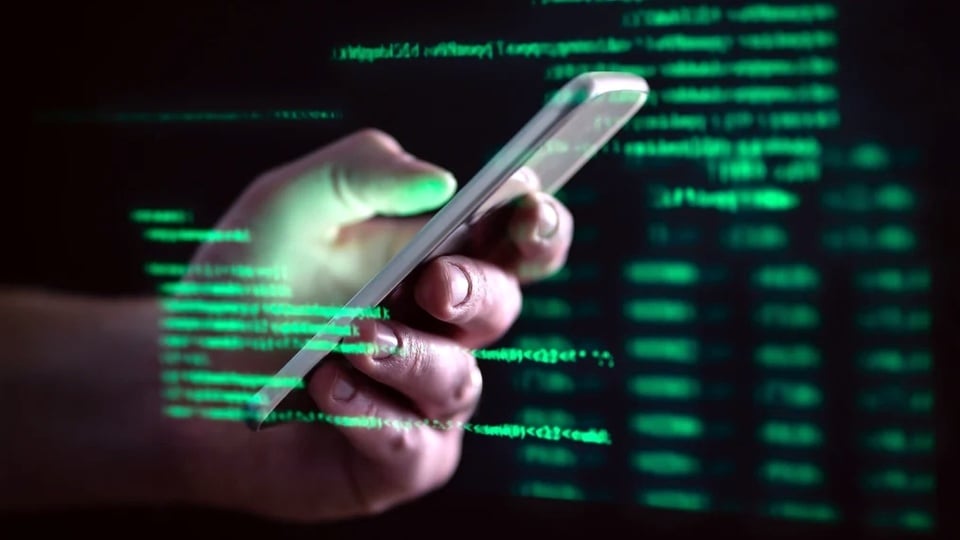 |
Google believes that users will face serious security risks when using public wi-fi. Photo: iStock . |
The warning was issued in the company's latest report for Android users, amid a surge in text message scams. Google said 94% of Android users are at risk of attacks via the messaging service, which has become "a sophisticated global activity causing significant financial loss and emotional distress."
Google's previous cybersecurity warnings have focused on 2G mobile connections, which are unencrypted and vulnerable to exploitation. 2G networks are a major source of SMS attacks, where hackers use fake cell towers to send mass fraudulent messages to nearby devices.
However, this recommendation to avoid public Wi-Fi is controversial. Any general advice that tells users to avoid free Wi-Fi altogether is often met with opposition from the cybersecurity community. Given Google's status as a "giant" in the technology field, the widespread warning is seen as a surprising move.
Notably, the US Transportation Security Administration (TSA) also issued similar recommendations earlier this year. TSA advised travelers to avoid using free public Wi-Fi as one of the top two measures to ensure network safety. The other measure is to not use public charging stations.
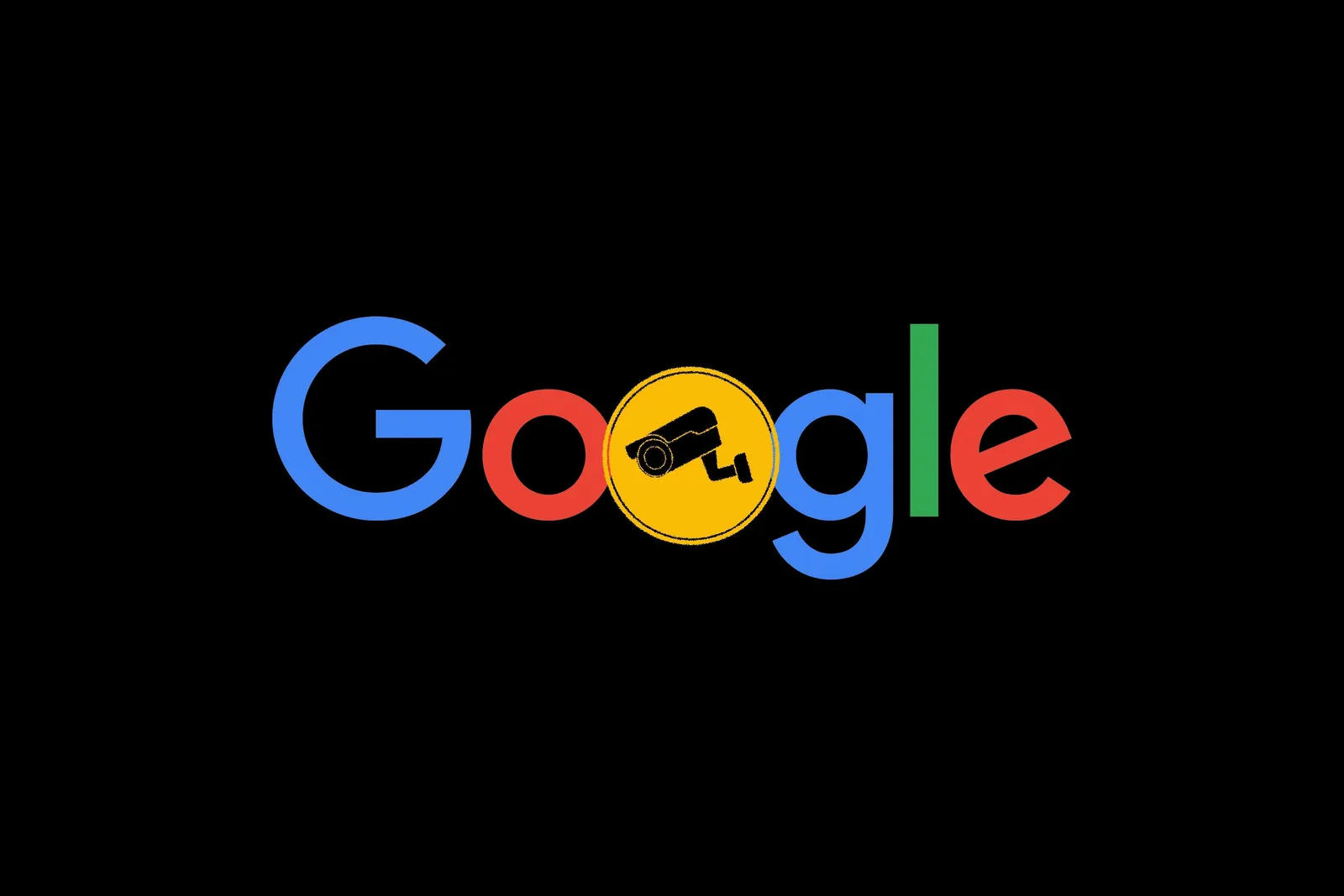 |
America's top security agency also recommends users stay away from strange wifi networks. Photo: Wired. |
This advice has been controversial. The US Federal Trade Commission (FTC) has weighed in on the debate.
“Public Wi-Fi networks, or hotspots, at coffee shops, malls, airports, hotels, and other places are convenient. While they used to be unsafe, things have changed,” the FTC argued.
In the past, connecting to public Wi-Fi posed a risk of information exposure because most websites did not use data encryption, making it easy for hackers to track, the FTC said.
However, things have changed. Today, most websites use encryption to protect user information. With the popularity of encryption technology, accessing the Internet over public Wi-Fi networks has become safer in general.
It is important to recognize that public Wi-Fi is not entirely dangerous. However, users should still be cautious when connecting to the network. Here are the golden rules recommended to protect personal data:
Turn off auto-connect: Disable automatic connection to unknown or public Wi-Fi networks.
Be careful with captive portals: Never download software or provide data other than your email address to a captive portal.
Check SSL encryption: Make sure all website connections are encrypted (check for the lock icon) and don't enter login information into unusual pop-ups.
Verify the network name: Double check that the Wi-Fi network name (SSID) is the official name of the location (hotel, airport, shopping mall).
Prioritize paid VPNs: Only use reputable, paid VPN services. Free or unknown VPNs pose a greater security risk than not using a VPN at all.
Source: https://znews.vn/google-dung-dung-wi-fi-cong-cong-post1602405.html







![[Photo] Deep sea sand deposits, ancient wooden ship An Bang faces the risk of being buried again](https://vphoto.vietnam.vn/thumb/1200x675/vietnam/resource/IMAGE/2025/11/13/1763033175715_ndo_br_thuyen-1-jpg.webp)

























































![[Photo] Panorama of the 2nd Vietnam-Cambodia Border Defense Friendship Exchange](https://vphoto.vietnam.vn/thumb/402x226/vietnam/resource/IMAGE/2025/11/13/1763033233033_image.jpeg)
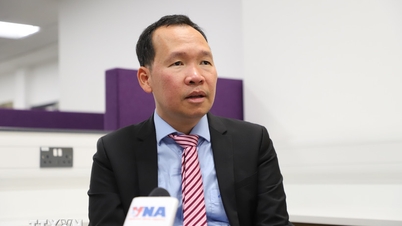


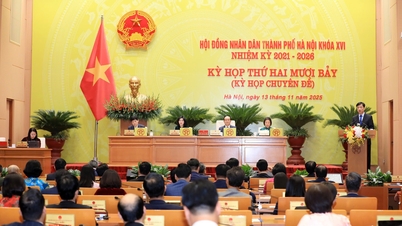

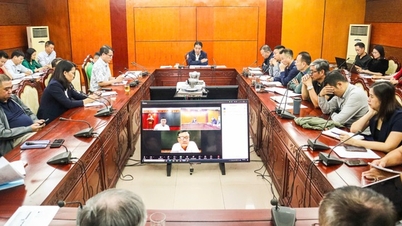


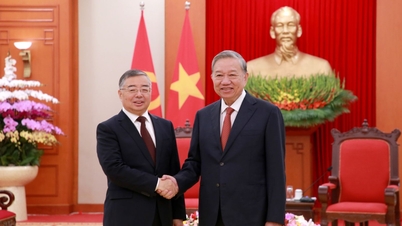








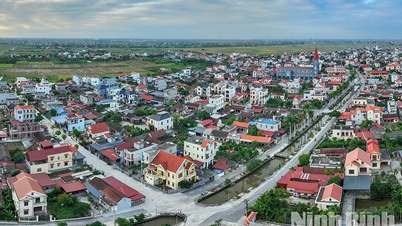







![Dong Nai OCOP transition: [Article 3] Linking tourism with OCOP product consumption](https://vphoto.vietnam.vn/thumb/402x226/vietnam/resource/IMAGE/2025/11/10/1762739199309_1324-2740-7_n-162543_981.jpeg)







Comment (0)